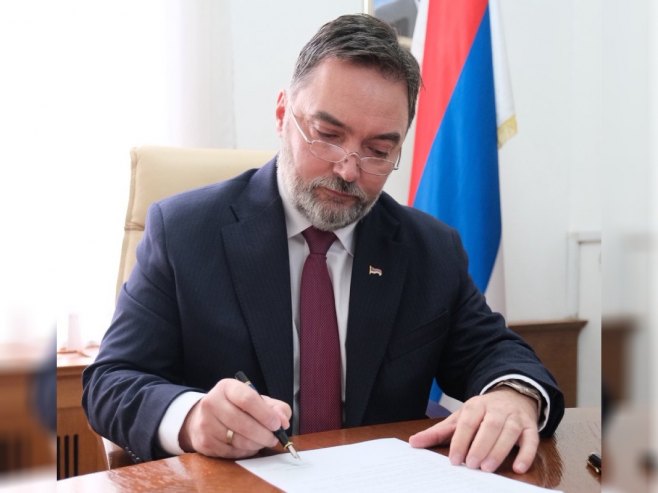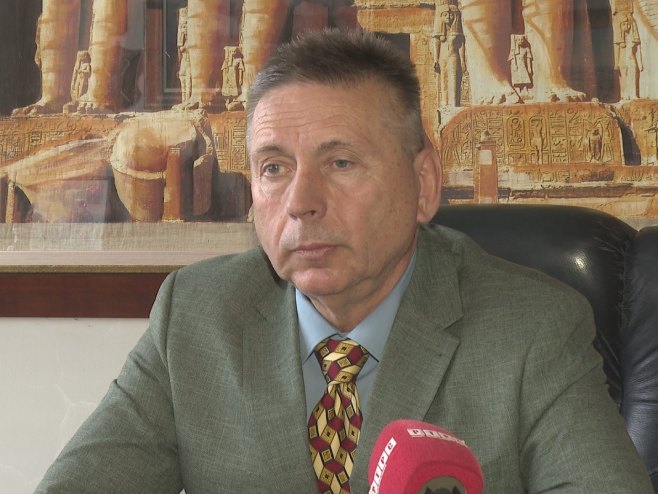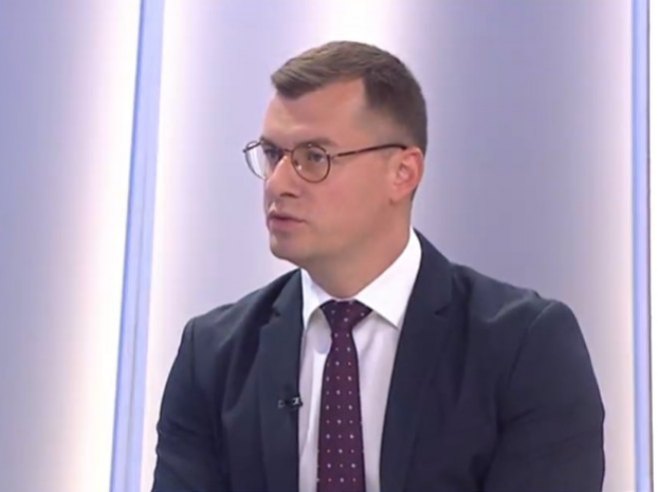It is clear that the Court of Bosnia and Herzegovina is accelerating the proceedings against the President of Republika Srpska, Milorad Dodik, even though there is no risk of the case becoming statute-barred, stated Goran Bubić, the President’s defense attorney.
Speaking to ATV, Bubić said that the aim of the proceedings at the Court of Bosnia and Herzegovina is not the upholding of constitutionality and legality but the political elimination of the President of Republika Srpska, a fact the defense has exposed.
He pointed out that the Prosecutor’s Office of Bosnia and Herzegovina is operating in a “legal vacuum,” as there is no document proving that the High Representative has the authority to enact laws or that Christian Schmidt was appointed in accordance with Annex 10 of the Dayton Agreement.
Bubić emphasized the importance of including Annex 10 of the Dayton Agreement in the court file for the case against Dodik and the acting director of the “Official Gazette of Srpska,” Miloš Lukić. He explained that this annex is the foundational document cited in the indictment.
- “The General Framework Agreement for Bosnia and Herzegovina, along with its 11 annexes, has not been published in the ‘Official Gazette of BiH,’ nor in the official gazettes of Srpska and the Federation of BiH. It was therefore necessary to present this evidence and read it before the Court of BiH, so that the legal interpretation of the agreement could follow,” Bubić explained.
He highlighted that the key points in Annex 10 relate to the authority of the High Representative. The Prosecutor’s Office of BiH has failed to present a document, as required by the Criminal Procedure Code of BiH, either in its original form or as a certified copy.
- “Unfortunately, they did not manage to provide this by the end of the evidence phase. Therefore, the defense submitted the official version of Annex 10 by including it from the ‘Official Gazette of Serbia,’ which was previously the Federal Republic of Yugoslavia, where the General Framework Agreement for BiH and all 11 annexes were published,” said Bubić.
He emphasized that this is significant because Serbia, as the successor to the FRY, is a signatory to the agreement, making the submitted version in the Serbian language—one of the official languages of the Court of BiH—valid.
Bubić argued that the alleged authority of the High Representative is often based on the conclusions of the Bonn Conference of December 10, 1997, which leads to the conclusion that such authority does not exist under Annex 10.
- “According to the content of Annex 10, the Prosecutor’s Office has not proven that Christian Schmidt is the High Representative. By relying on the Bonn conclusions, they essentially claim that Annex 10 does not contain such powers,” he explained.
Bubić pointed out that the Bonn conclusions are absent from the evidence material, which is procedurally significant.
The opinions of former High Representatives regarding Christian Schmidt, Bubić argued, favor the defense by exposing inconsistencies in the broader context, particularly the claim that Schmidt is not authorized to legislate in a democratic state.
Source: RTRS









